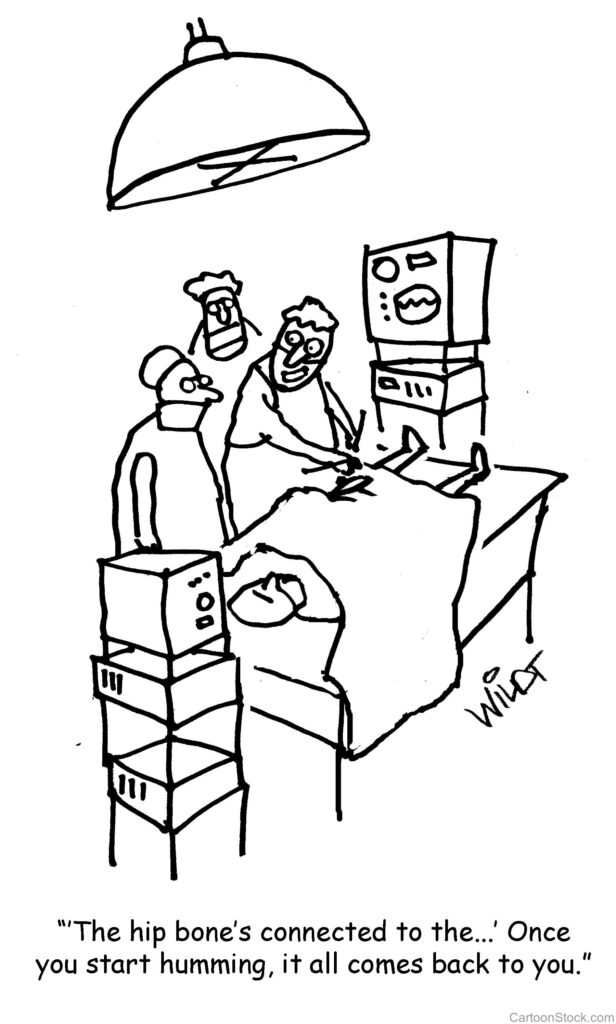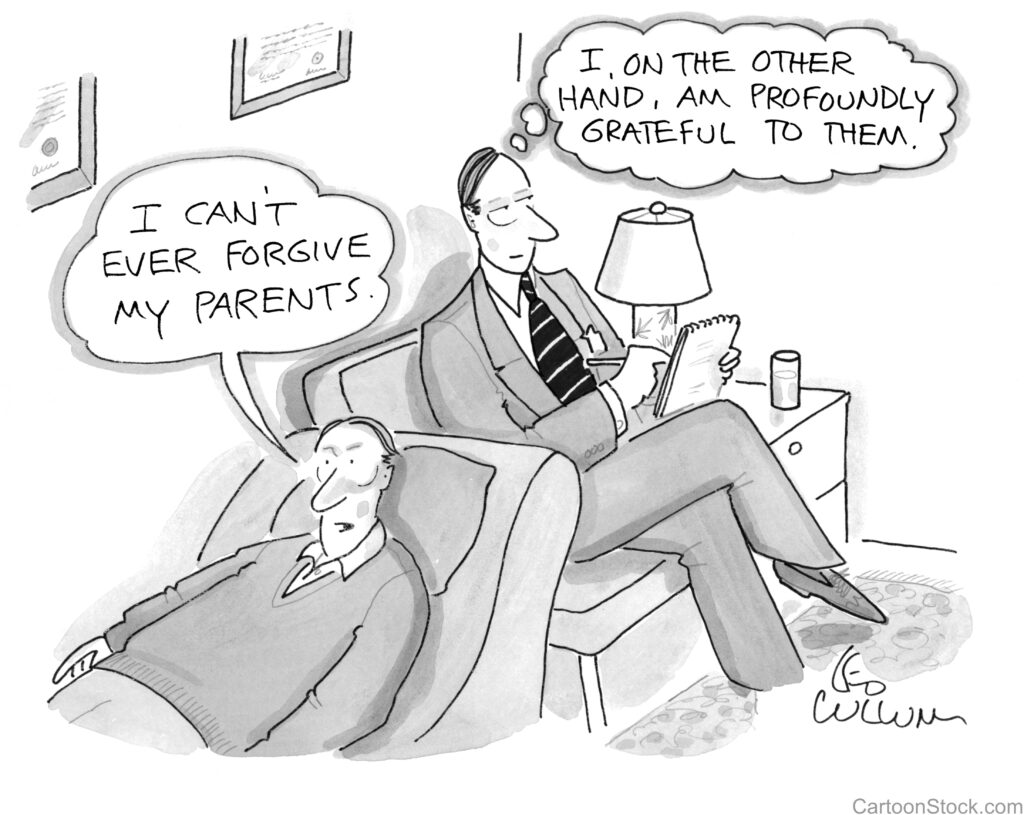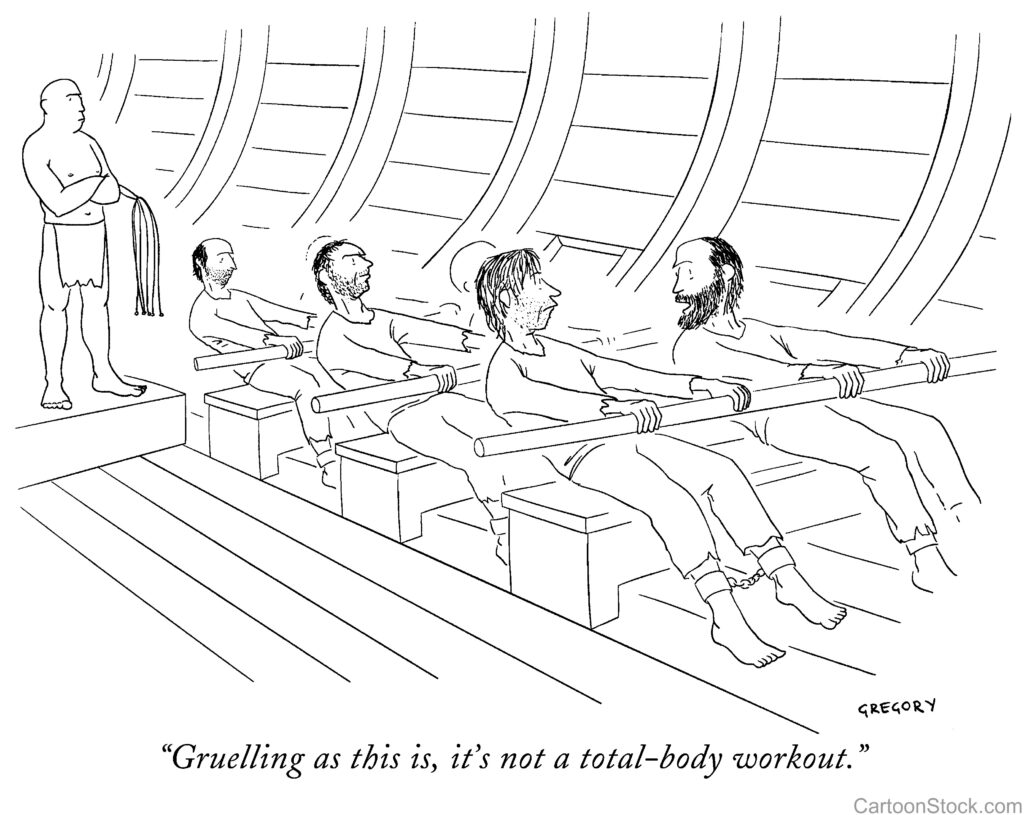
I find it beneficial to keep various short narratives—stories—in the forefront of my mind and allow them to inform and guide reoccurring situations.
For instance:
When I travel, I like to pack light. When packing my luggage, I often think of this anecdote.
When my son-in-law, Jonathan, was in officer training school for the Navy, the trainees went on a three-day survival trip. All they could take was what they could cram in a backpack and because they were traveling on foot, the lighter the load the better. So instead of packing a full-size toothbrush, he cut off the handle and just took the bristle part. He took that approach to everything that went into his bag.
So when I’m packing for a trip, I think like this: Nylon is lighter than cotton so when possible, I’ll take clothes made from nylon. Instead of taking four medicine bottles, I’ll presort my medicine into a daily-dose container. I limit myself to two pairs of shoes (wearing one and packing one). I’ll plan on hand-washing clothes on the trip. Remembering Jonathan’s example helps me pack lightly.
At the church where I work, I oversee finances. When I analyze check requests and purchase orders, I often think of this anecdote.
My parents were faithful members of our home church. They consistently gave 10% of their income to support it. Though we were a low-income family, they always contributed their part. After Dad and Mom died, one day I was thumbing through their check stubs and I saw a check written to the church for $43.80. They lived on their $438 monthly Social Security check, which wasn’t much, but they were faithful to give 10%.
So when I’m perusing POs and check requests, I think about the many small gifts that are given to our church by low-income families. I want our church to be a good steward of every gift.
When I communicate—both orally and in writing—I strive to be clear and succinct. I want to use as few words as possible and make every word count. I often think of the following story and it helps keep me on target.
When Vijay opened his store, he put up a sign that said: “We Sell Fresh Fish Here.” His father stopped by and said that the word “We” suggests an emphasis on the seller rather than the customer, and is really not needed. So the sign was changed to “Fresh Fish Sold Here.”
His brother came by and suggested that the word “here” could be done away with—it was superfluous. Vijay agreed and changed the sign to “Fresh Fish Sold.”
Next, his sister came along and said the sign should just say “Fresh Fish.” Clearly, it is being sold; what else would you be doing?
Later, his neighbor stopped by to congratulate him. Then he realized that all passersby could easily tell that the fish was fresh and that mentioning the word “fresh” actually made it sound defensive as though there was room for doubt about the freshness. So, he changed the sign to just: “Fish.”
As Vijay was walking back to his shop after a break he noticed that one could identify the fish from its smell from far away, even at a distance from which one could barely read the sign. He knew there was no need for the word “Fish” so he took the sign down.
So when I write, I think about Vijay’s experience and try to tighten up my prose by eliminating unnecessary words.
Identify your own stories that will remind you of important values and help keep you on track.
[On a totally different topic, here’s a great article regarding good advice from Warren Buffett. Now 90 years young, the Oracle of Omaha is still impressing with important life lessons.]
Warren Buffett Says 4 Choices in Life Separate the Doers from the Dreamers




